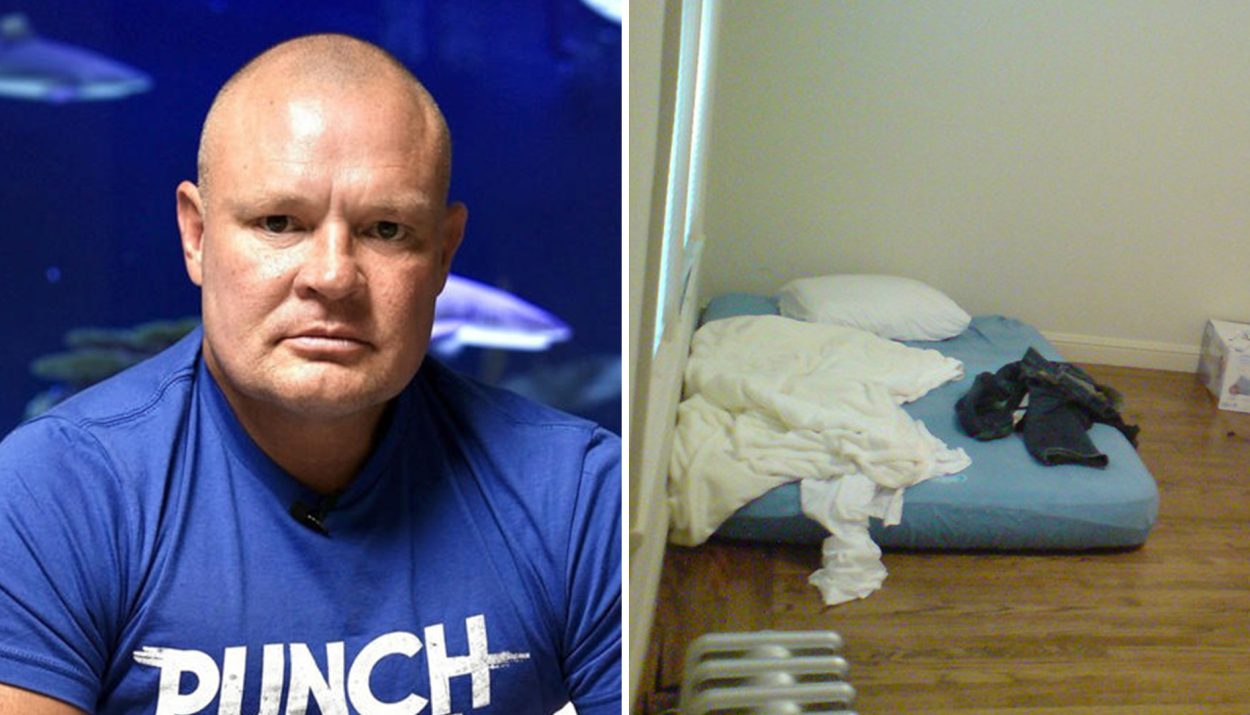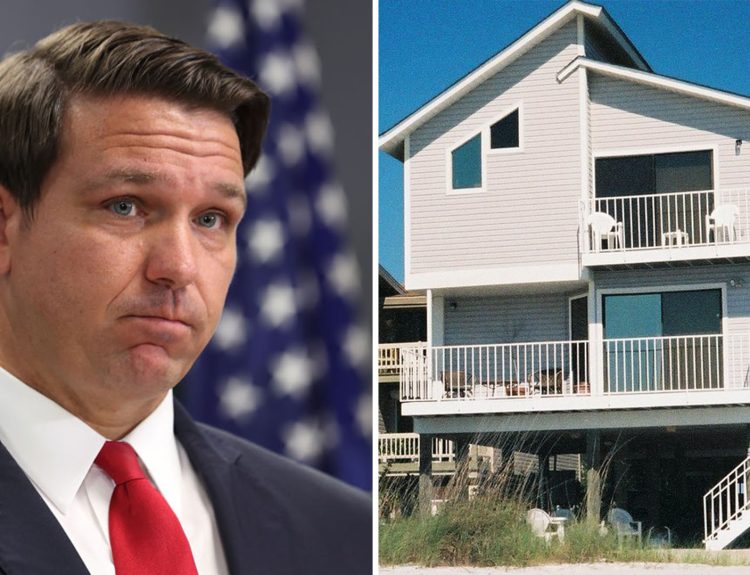The housing crisis has become increasingly untenable in the last ten years, and the last five years especially. Rents are sky high and mortgages are through the roof. Where once the choice of renting or home ownership was a question of which was more affordable, the question of housing has now become not which is the most affordable, but which is the cheapest of many too-expensive options.
Choosing Between Necessities
This has created an unfortunate situation where many Americans are being forced to choose between which necessities they absolutely cannot live without. Bills are being pushed back and different types of insurance are being dropped because people simply cannot afford anything beyond that which is necessary to survive.
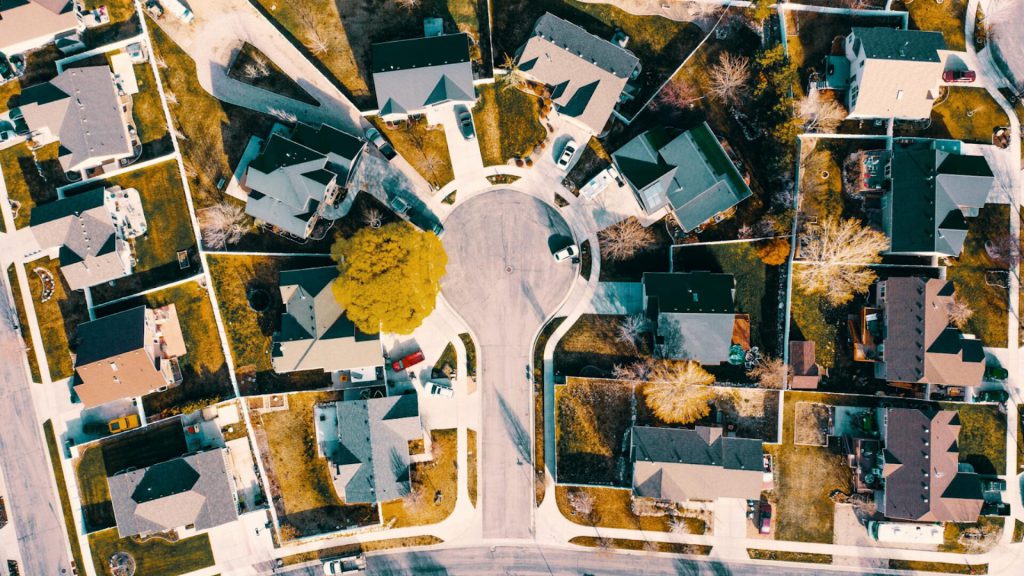
It’s a sad consequence of what many are terming late-stage capitalism, where corporations and business entities are slowly gaining more rights and more privileges than the average American. Many people don’t make enough money to live, let alone thrive, due to massive inflation and the push for corporate profits driving prices even higher.
A Necessity That’s…Necessary
For many, though, housing is a necessity you simply cannot go without. What that housing looks like is up for debate, though. A new movement online has revealed the benefits of the nomad lifestyle, with many younger Americans choosing to gut vans and cars and live on the road to avoid increasingly expensive rent in major American cities.
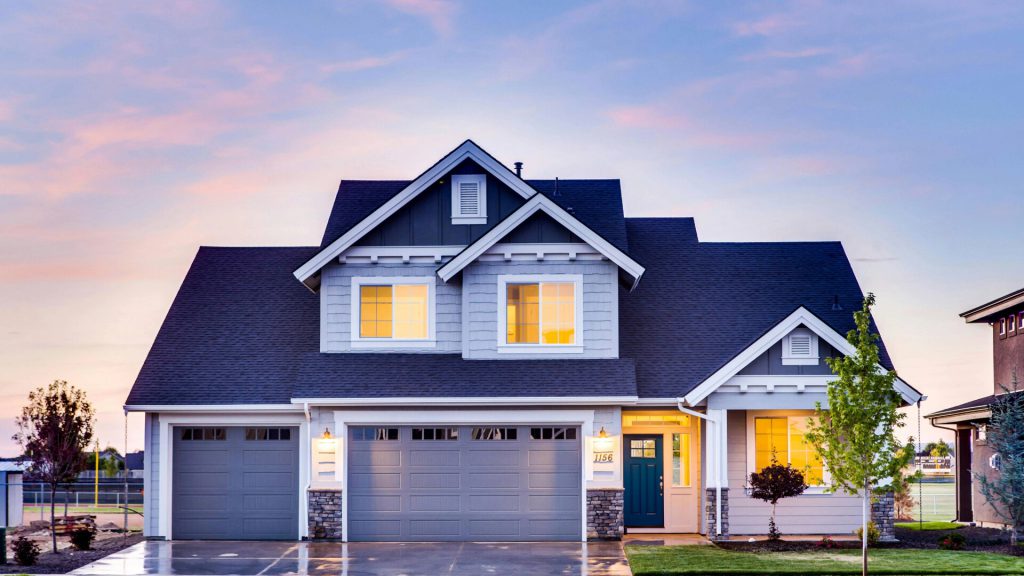
For those who don’t have the luxury of uprooting their entire lives, though, rents are becoming increasingly unaffordable. A staggering number of Americans are spending more than 30% of their income exclusively on rent, with a small number of people spending as much as 50% of their income just to have a roof over their heads.
People Losing Their Homes Due to Expense
It’s a situation that has caused many people to go into debt to be able to afford their groceries and other bills. And then, when the debt gets to be too much for people to manage, many are forced out of their homes, with little hope for getting another one.
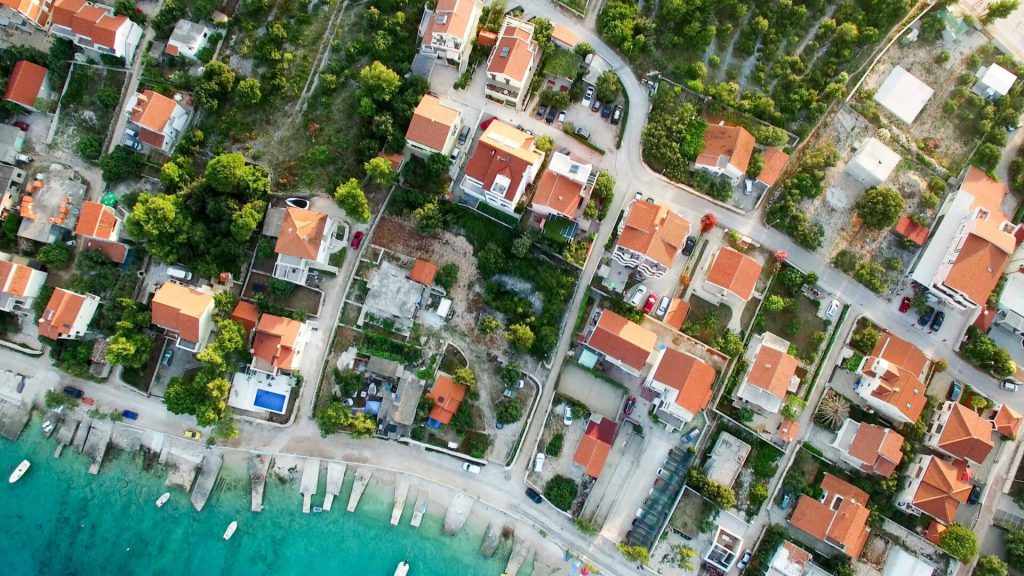
HIgh rents and mortgages have been pointed to as the primary driving force behind the exploding homelessness crisis. States across the country are seeing significant increases in the homeless population, and there has been an unfortunate side effect to this pattern beyond the increase of Americans who don’t have a roof over their head.
Squatting Massively Increasing
The number of individuals who have started squatting in homes that are not theirs has also increased significantly as well. Squatting is the unlawful residing of an individual in a property that they are not legally entitled to, and it’s a practice that has gone on for decades.
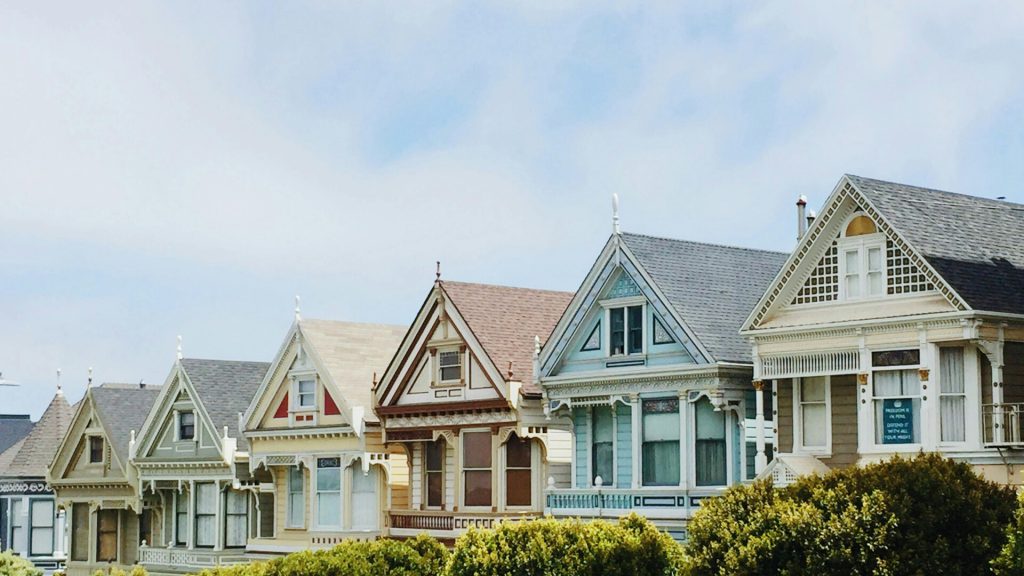
The recent increase in squatting has caused many cities to look for ways to penalize those who engage in the practice. Loose laws around squatting makes it difficult to prosecute it as a crime in some cities, and one real estate expert believes that homeowners may soon have to take matters into their own hands.
Theories from an Entrepeneur
Shawn Meaike, a 51-year-old podcaster and serial entrepreneur, recently said that lenient laws that let squatters stay in houses that they don’t own must change, and soon. The real estate mogul believes that fed-up homeowners will be stepping up to do the police’s job soon, otherwise.
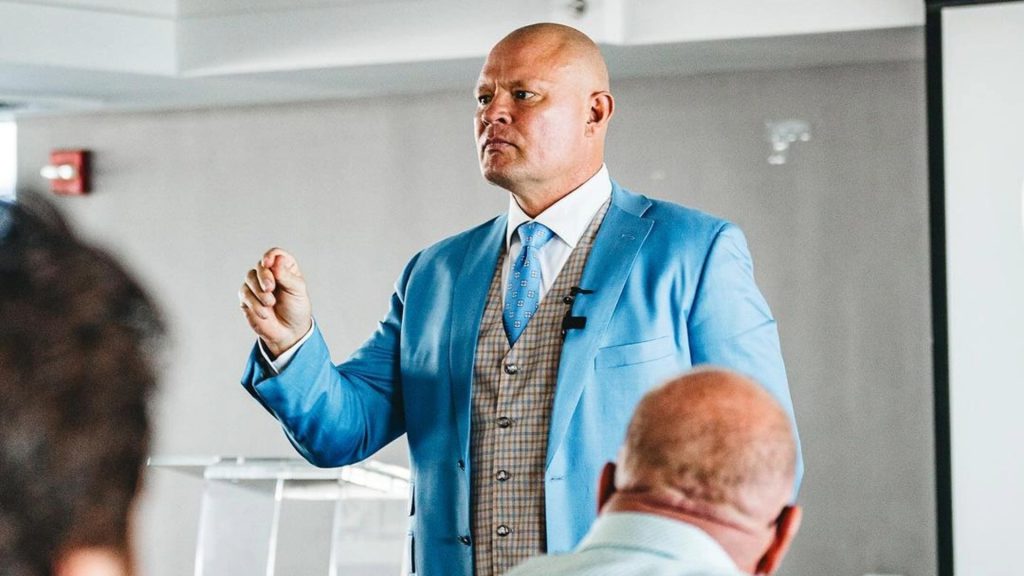
“I’m concerned, truthfully, that you push people too far,” Meaike said. “And if there is no law to protect them, what they’re going to do is not going to be a result that anybody is happy with.”
An Issue Becoming Worse
“I don’t want it to happen,” he said. “But something bad is gonna happen. And you’re going to start [seeing] articles on violent confrontations that could end up in severe injury or somebody’s death.”

Meaike went on to say that, though the squatting phenomenon is not new, it’s not an issue that he’s often dealt with in 25 years in real estate. He’s noticed it more and more recently, and when asked why he thinks the issue has suddenly gotten worse, he said that he thinks many people don’t have a choice.
What are the Options?
“There’s a lot of people who are literally frozen out – are there a lot of options for them?” he said, referring to high rents and mortgages that have priced many people out of housing.
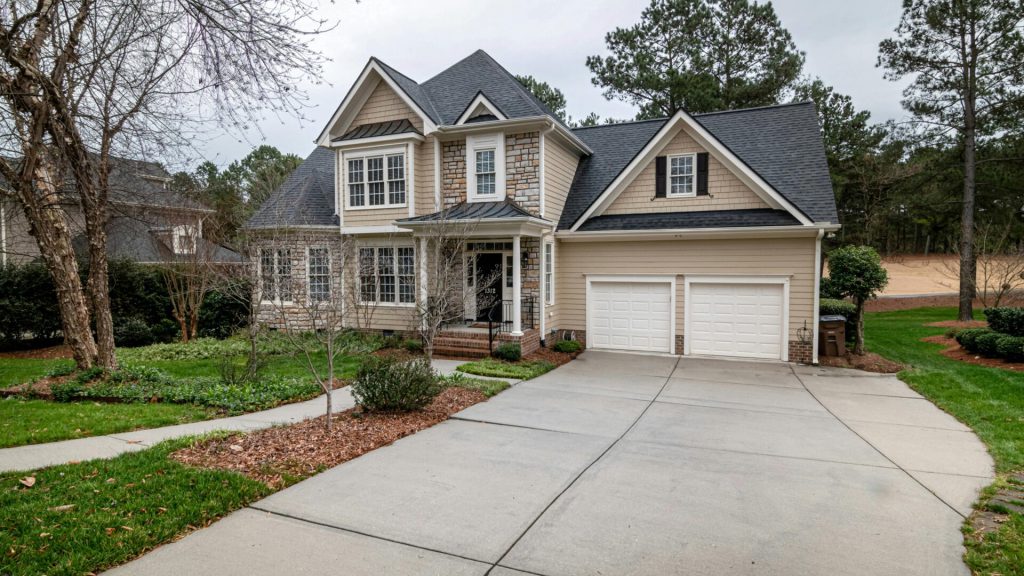
“People get desperate. I know how difficult this market is for a lot of people. Listen, when it comes down to your survival, we’ll do just about anything. Especially if we’re providing for children.”
Not Everyone is Helpless
In the interview, Meaike goes on to clarify that he doesn’t believe that everyone who engages in squatting is in a similar bind. He thinks that some simply want to take advantage of weak laws, which make it difficult to kick squatters out of houses in some areas.

In the five boroughs of New York, especially, a legal loophole lets squatters claim legal occupancy after just 30 days on a given property. And New York is not the only city with loose laws around squatting; cities and states with strong laws regarding squatters are more uncommon than laws without.
Stronger Laws Are Needed
“How many of these people are doing this out of necessity to survive, and how many of them are doing it [because], ‘You know what? This seems like something that has no consequence, so let’s get me and eight people to move into this guy’s property and take advantage of it because nobody’s going to do anything about it,’” he said.

That’s why laws need to change, and the cops need to get tough, he said. “We need to make sure that, like in Florida, there are laws that…when you call the police, they will come out and remove them.”
Steps to be Taken in the Meantime
For homeowners who live in cities with loose laws, though, Meaike said that there are steps that can be taken to protect themselves before they get caught up in any type of squatting dispute.

“Put money into it,” Meaike said. “If you’re getting into real estate, and you can’t afford these measures, then you can’t afford to get into real estate.” The measures he refers to are things like fortifying the front door, installing hurricane windows, and hooking up camera and alarm signs to warn off intruders.
A Personal Issue
For Meaike, the issue of squatting hits close to home. In his interview, he said that squatters taking over one of his houses would have financially crippled him when he was first starting out in real estate, and he doesn’t want to see others go through that.

“I remember being stressed out about collecting rent when I first started,” he said. “I didn’t have any money. And I don’t know what I would have done if…there were a couple of guys hanging out in my apartment, I went to throw them out and the police told me I couldn’t. I don’t know that I wouldn’t have taken matters into my own hands.”
A Shot at the American Dream
Some squatters, Meaike theorized, even want that. In that case, they might have a legal argument for assault, and would be able to get an injunction for a restraining order against the person whose home they’re squatting in. This would drag out the legal battle even more, making it messier and more expensive for everyone involved.
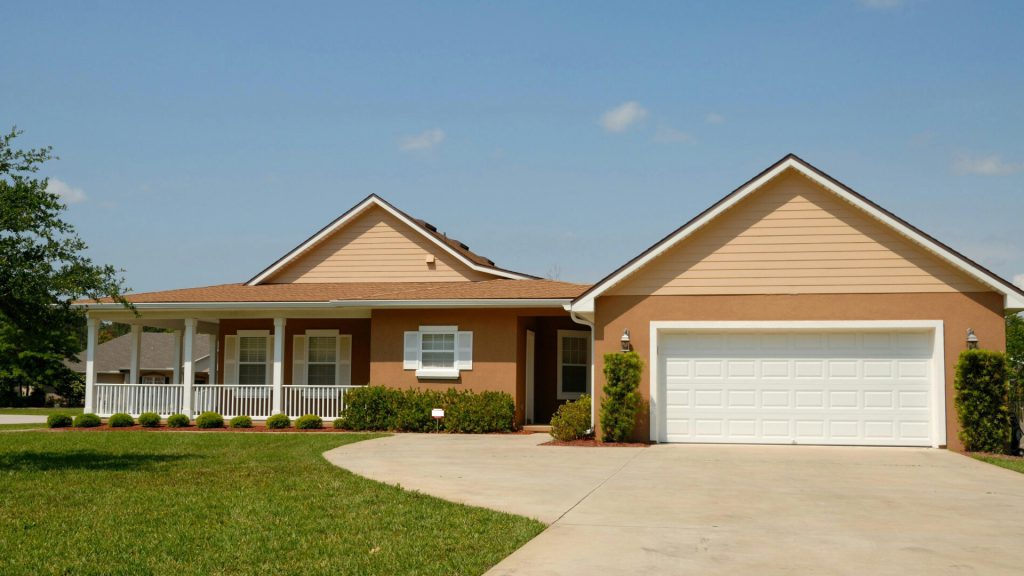
“Real estate has been such an amazing way for me to help other people gain wealth – and for me to change my trajectory, because I didn’t have any money growing up,” Meaike finished. “I hate that some people nowadays are going to experience this once, possibly go into foreclosure, go into bankruptcy, never try it again. And they’ll never try to get ahead because of what happened to them.”
Stronger Laws on the Horizon
For some, squatting is an unfortunate necessity born out of a housing crisis that has created an unlivable environment for many Americans. For others, it’s a choice born of laziness, or greed for what others have.
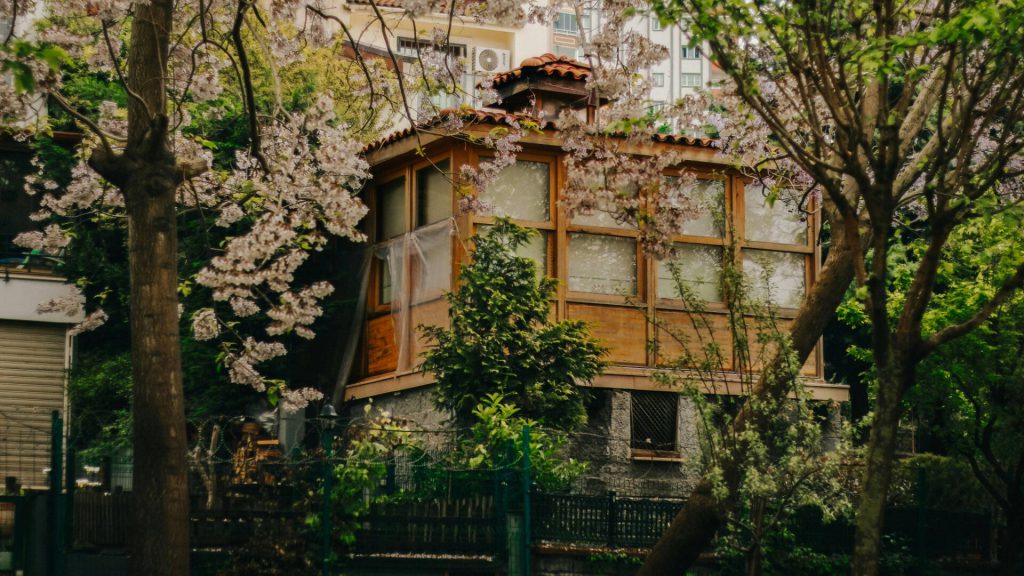
Either way, it’s clear that the laws around squatting need to be clearer. While it’s clear that stronger laws won’t stop the practice of squatting altogether, it would create a strong enough deterrent to prevent those who squat for recreation, and greed. Stronger laws around rent ceilings and mortgage rates will go further to help the squatting and homelessness crisis’, but these are measures that are, unfortunately, far out on the horizon.

